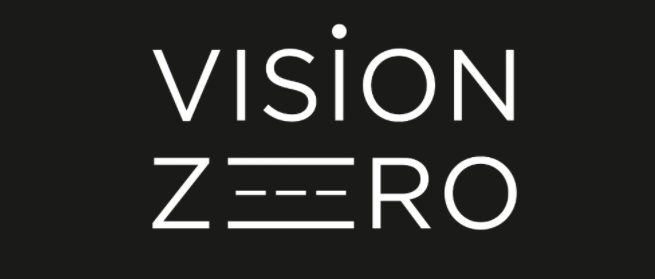
Draft law No. 8172 is aimed at the development of electric transport. This goal is in line with the European Green Deal, the European Strategy for Sustainable and Smart Mobility and the Sustainable Development Goals. The draft law has two components: charging stations for cars and public transport. In terms of public transport, the norms of the adopted law, unfortunately, will not be able to have the expected positive impact on urban mobility in Ukraine. However, this is a positive start. By signing this statement, we propose that draft law No. 8172 be the beginning of a more thorough process of developing state policy in the field of public transport. Policies that correspond to industry documents and EU best practices, and are developed with the participation of key stakeholders — municipalities and their associations. We call on the legislators — in particular, the 24 initiators of draft law No. 8172 — to the following:
1) Move on. We propose to continue changes in state policies regarding the development of electric mobility in accordance with the directives of the European Commission and the Association Agreement between Ukraine and the EU. In particular, (a) Development of the sectoral law "On public transport", instead of the outdated approach of the existence of two separate laws on automobile and on electric transport; (b) Development of the sectoral law "On alternative fuels" in accordance with the Association Agreement.
2) Recognize that a trolleybus is an electric bus. In terms of energy efficiency, practicality, service life and cost, the battery-powered trolley bus is superior to the battery-powered bus. Ukraine needs changes to legislation that will stop discrimination and "special treatment" of trolleybus systems. Ukraine already has the second largest number of cities with trolleybus systems in the world, and this is an asset that should be used and not thrown into the "dustbin of history". Trolleybuses and trams should be included in state policies for the development of electric mobility. We consider it expedient to define a trolley bus as an (electric) bus at the level of legislation, and to make a number of relevant changes in laws and by-laws;
3) Follow European practices. Ukraine should not invent "its own electric bus", but should carefully study the policies and mechanisms that exist in the EU and in individual member states in which electric transport is developed (Germany, the Czech Republic, Austria, Poland) and introduce similar policies and solutions. First of all, it is worth implementing the European integration obligations of Ukraine within the framework of the Association Agreement.
4) Cooperate with local self-government. State policy should be developed in a working dialogue with those who must then implement it, in this case — with cities and their associations. Draft law 8172 came as a surprise to the cities we surveyed, and they had too little time to make suggestions and comments. As a result, some local self-government officials express justified doubts about the possibility of implementing the provisions and goals of the law. The involvement of local self-government in the development of the content of the draft law is extremely important so that these laws are eventually implemented in real life;
5) Not to demand, but to facilitate. The norms of draft law 8172 are directive in nature and do not offer implementation mechanisms. Such an approach should not be inherent in a state in which the principles of democracy and decentralization prevail. The state should not tell the cities what they should do, but encourage and facilitate. The experience of the EU shows that this assistance should be primarily through co-financing mechanisms. We believe that state financing programs for the infrastructure and rolling stock of urban electric transport should be a mandatory element of state policy, and people's deputies, who set ambitious goals in Law 8172, should play a leading role in the development of such programs. We express our readiness to participate in the development of legislation on the issues highlighted above.
